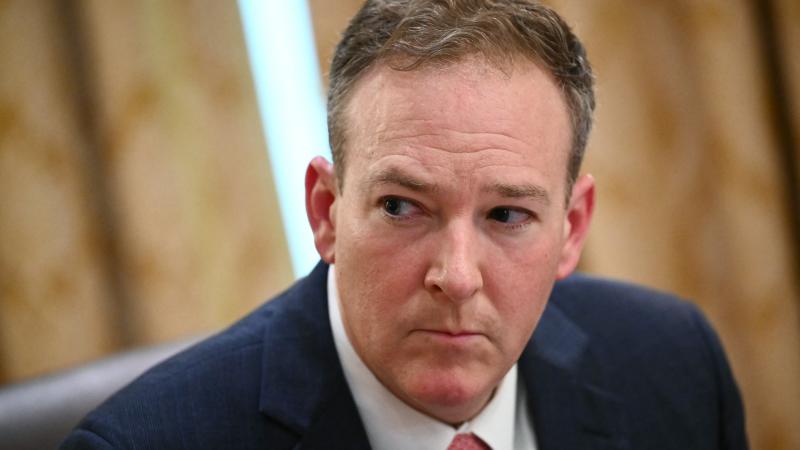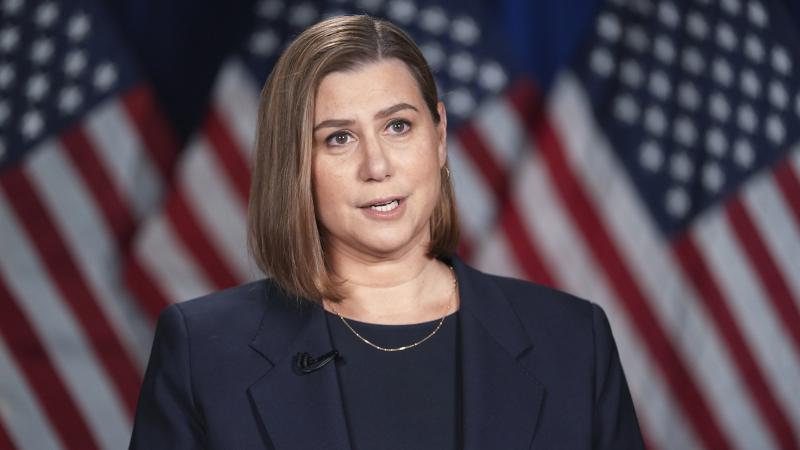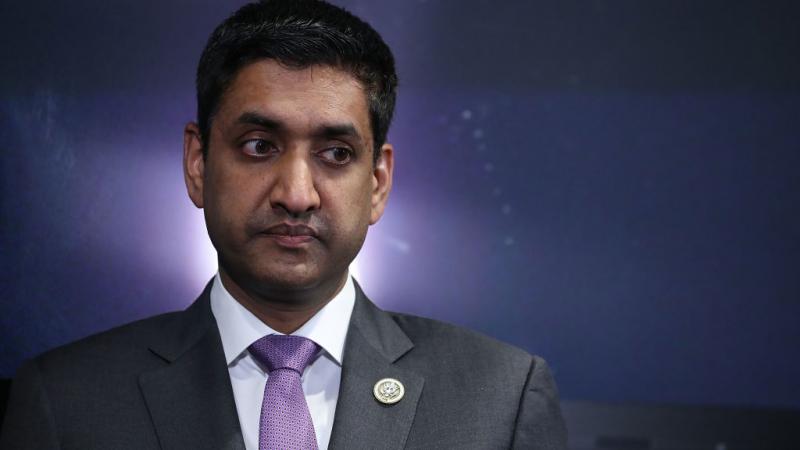Dutch farmers protest climate regulations on livestock amid looming global food crisis
The farmers threatened to slaughter the cows if the climate regulations passed
Furious Dutch farmers brought cows to The Hague and threatened to slaughter the animals on Tuesday in protest of the Netherlands' $26 billion climate plan that could reduce the livestock population by 30%.
The Netherlands, one of Europe's top greenhouse gas emitters, is planning on halving its nitrogen output by 2030, Bloomberg reported. The government plan would shutter some farms, as much of the nitrogen is blamed on manure and fertilizer from cattle.
Hundreds of farmers protested with two cows.
"If the nitrogen measures are adopted, one of these two ladies will not go home, but will receive a one-way ticket to the slaughterhouse," farmer Koos Cromwijk said in front of Parliament, according to Dutch outlet ANP.
The output goal is in compliance with European Union rules to reduce pollution. The Netherlands is the world's second-largest agricultural exporter, per AFP, and some regions of the country will need to cut as much as 95% of emissions.
Farmers protested the measures last week by using their tractors to block traffic.
"It must happen gradually and that's not the case," 74-year-old Jan Poorter told AFP. "You can't just close farms that are hundreds of years old. You just can't!"
The regulations come as some experts predict a global food crisis is weeks away.
Food security intelligence expert Sara Menker told the United Nations Security Council late last month that the world has about 10 weeks of grain left.
"[T]he Russia-Ukraine war did not start the food security crisis. It simply added fuel to a fire that was long burning. A crisis we detected tremors from long before the COVID 19 pandemic exposed the fragility of our supply chains," she explained.
Rep. Kat Cammack (R-Fla.), member of the House Agriculture Committee, sounded the alarm on the "John Solomon Reports" podcast in April.
"Ukraine should be planting right now," she explained. "They are not planting. So while this would be a typical growing season and a planting season, tractors are being used for the war effort, fuel is being used for the war effort — that is going to be a major, major issue as we move into the fall and the winter, because they will have missed an entire season. There will be no harvest next year."
European Union foreign policy head Josep Borrell accused Russia in April of "bombing and destroying stocks of wheat and preventing this wheat from being exported."















